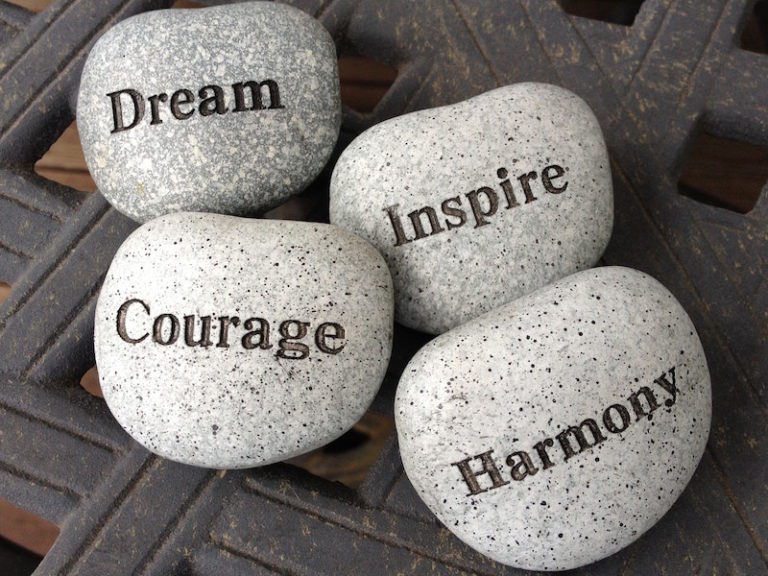What Ramki had to say…
How emotions are neglected is beautifully brought out with the salesman example. I have come across another great example in the following story.
A wake up call with a twist! Orlando Marriott in Florida. 7 o’clock wake up call.
‘Good morning Dr. B, it’s seven o’clock,’ caller says. ‘It’s going to be 75 degrees here today, but the computer says you’re leaving. Where are you going?’
‘New York City’, B said.
‘New York City? Let me see what the weather report in the paper says Oh dear. It’s gonna be 40 degrees and raining in New York. Couldn’t you stay another day?’
B asked for the woman’s name and was told it was Juanita.
Next was a speaking engagement in Orlando and B found he was booked into a different hotel.
His reaction: ‘But, I want to be in the Marriott, so I can speak to Juanita in the morning!’
Isn’t that WOW!
It’s not the 7 star service or size of room or the bed or the food or any of the hundred other things here –but the human approach of a person in a call centre. I tell this story to emphasize how every employee at every level is important and can make the business a success!
- Using your head and heart together – I recall a real story Chairman of a Company in Chennai told me. He was doing trekking in African Jungle with a forest ranger (actually one is not supposed to do that – they say always be in a vehicle as animals think the vehicle is bigger than them and avoid them; if you are on foot, you are another breakfast, lunch or dinner item depending on time or enemy!) They came across a lone tusker which is very dangerous. In the resultant confusion the team got separated and the ranger was with one of the groups. The elephant charged the other group of people where our friend was. The ranger suddenly came in between the charging elephant and the group of people it was charging. He waved the two sticks he had above his head creating an impression he was huge. The elephant stopped in its tracks and stomped the earth and trumpeted taking stock of the situation. He stood his ground and it backed off. Later on, he told the people he had heard that such a thing can make the elephant stop/back off as it gets confused about the real size of the person. Here was a person using his head and heart together (he felt he was responsible for their welfare, he had his knowledge and the guts) and took a brave split second decision which saved many lives. This may not be in same league as what you have written but gives a different perspective!
- Controlling anger – one important thing I tell my people is: ‘if you are angry and have drafted a mail in anger don’t send it – save it to drafts and look at it later – say after 4 hours – when you are more calm and composed; you will invariably make changes to the draft!’ (maybe even delete it).
- ‘When you say certain things you will get certain responses.’ I recall what I read about Benjamin Franklin – a rare combination of a good scientist and good businessman. If he is in a meeting and offers some good advice and some one else offers a stupid alternative, he will handle it very well. He will not put down that person or his idea. He will say “That’s a very good idea; but may be it won’t work here because…; what do you think?” and put it forth nicely. This way he got his thing done without offending any body; I am sure that other guy not even realizing his idea got shot down, will go and brag to his wife or friend that Benjamin said his idea was very good!
- ‘You don’t need a reason to feel happy’; Jaggi Vasudev has a similar take; he says when you get up in the morning rejoice saying ‘I am alive’; considering many people die every day, is it not an achievement to be just alive! Wonderful way to be happy without a reason!
- Your suggestions like new skills, Somatic, dance, music, yoga all are wonderful.
- Best sales person – I have a story for that too! How does the best sales person in USA sell cars? Jerry Griffin is one of the best car salesmen in U.S.A .There was nothing he would not do for a customer. One day a company sent out bid sheets to all car dealers asking for prices. All dealers sent in bids. Jerry sent excellent cars to the company parking lot and asked them to choose! He knew what the client wanted and acted on it. He was not planning to sell, preparing to sell, hoping to sell, he just sold and gave a choice also to the customer!’



